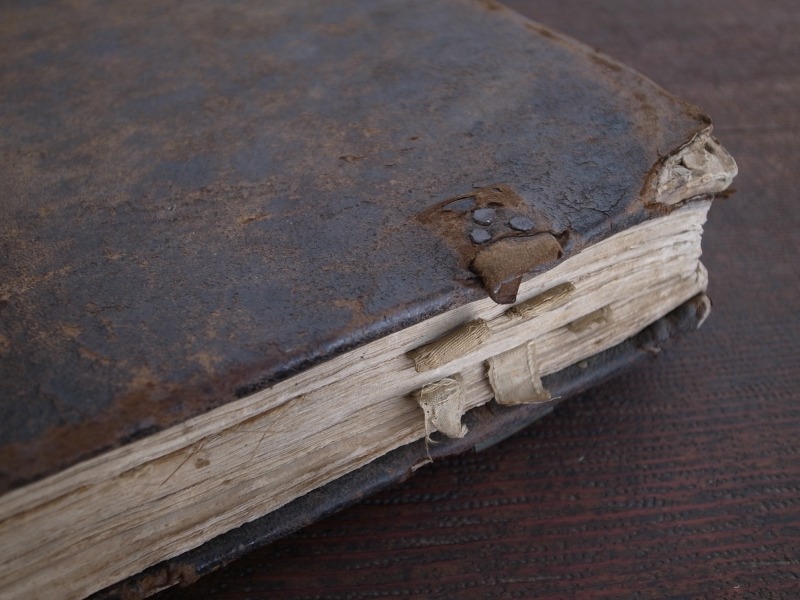“That he may remain faithful to his Baptism, living by it, making it always the source and the power of his life, a constant judgment, criterion, inspiration, ‘rule of life.’” (Schmemann)
As we prepare for Lent it’s good to return to this thought that Lent is a spiritual journey which begins with acknowledging both our mortality and our sin nature and ends with celebrating the Easter feast! As we travel, we need to keep this idea in mind that we are called to remain faithful to our baptisms. As Schmemann writes, he sees baptism as a rule of life, a measure of how deeply we need to hold onto our dying and our rising in Christ. There are practices that help us practice both dying and living the new life. Sometimes these practices are called spiritual disciplines, but for a few reasons I believe practice is a better description of what we do than discipline. The reason for that from my perspective is that discipline implies sheer effort on the part of the one engaging in the disciplines and reduces the role of the indwelling Spirit to help us walk that out. It’s easy with Lenten disciplines (or spiritual disciplines in all seasons) to set the high mark and then see it as a “law” that must be kept. Paul stresses that we “died to the law” so that we might live to God. He continues:
I have been crucified with Christ, and it is no longer I who live, but Christ lives in me.
Galatians 2:20
I don’t want to minimize the place of effort on our parts to stay centered in Christ. In many ways, the difference between spiritual practice and spiritual discipline is semantic but my own bias leans toward the idea that spiritual practices come forth from the abiding nature of our relationship with Christ. If the concept of disciplines aids you on this journey, go for it!
This post finds us somewhat late to the party (although Lent doesn’t start until tomorrow – for Western Christians) in terms of deciding what spiritual practices God is calling us to. I personally need to take the time to be intentional about this. I need the time to pray and listen to the Holy Spirit on what practices will help me continue both to live out my baptism and to be prepared for all that will come in Holy Week!
Here are some questions that help me do that:
- What spiritual practices are you drawn to and why?
- What practices or disciplines are you resistant to? A strong reaction to a practice (like fasting) may reveal an area of brokenness that you need to seek healing for. So my encouragement would be: press into that – bring it to prayer, seek out prayer from a trusted friend or pastoral partner.
- What practices do you feel God showing you that would address weaknesses in your character?
- Do you have a plan for failure?
Another question I have used in the past is this prayer: “Lord, what is the grace You desire to deepen in me over these next 40 days?”
The place for me to start then is intentionality. I need to plan. But then I also need to make this truly a spiritual practice. We are tempted to enter Lent solely with the question we ask of ourselves or others – “what are you giving up for Lent?” I am amazed to hear this question coming from people who have no spiritual reason to fast. It’s just something people do during this time of the year.
We need as well to know how we will handle failure! What Alexander Schmemann says about fasting here is true of any spiritual practice we take on: “…After all this is said, one must still remember that however limited our fasting, if it is true fasting, it will lead to temptation, weakness, doubt, and irritation. In other terms, it will be a real fight, and probably we shall fail many times. But the very discovery of Christian life as fight, and effort is the essential aspect of fasting. A faith which has not overcome doubts and temptation is seldom a real faith. No progress in Christian life is possible, alas, without the bitter experience of failures.” (Great Lent: 103-104)
We cannot keep our promises without the reality that Christ dwells in us. We need the power of Christ within – the working of the Holy Spirit- to be the kind of people God calls us to be. It’s as if we need to carry Christmas (the Incarnation) into our observance of Lent, and on into our journey to Resurrection Sunday.
We are cracked pots (2 Cor 4:7) – and Lent reminds us again that we are woefully inadequate in our own strength – not merely to enter into the fasts of Lent – but to be loving and forgiving and gracious people. Is this not the fast God chooses for us? – Micah 6:8 – “He has shown you, O mortal, what is good. And what does the Lord require of you? To act justly, and to love mercy, and to walk humbly with your God.”
So, as we take up this journey may we keep faith with the promises we’ve made, but may we also realize that the truest promise we can keep is the one that draws on His indwelling power to love, to be humble and to serve. Perhaps these words of Paul can be the encouragement you need in this season!
“But we have this treasure in jars of clay, to show that the surpassing power belongs to God and not to us…. [we are] always carrying in the body the death of Jesus, so that the life of Jesus may be manifested in our bodies.”
2 Corinthians 4:7-10
This life of Christ that is manifested in our bodies is a life rooted in love, mercy, justice and grace.
I will write more about specific practices in following posts but you might want to consider these: fasting (from food, social media, screen…), silence, solitude, sacrifice; and these practices Dallas Willard called disciplines of engagement: study, memorization, confession, service…
My desire both for myself and for you is that we enter Lent with a cleansed and ready heart to walk with Jesus from the desert to the Cross to the Resurrection.





